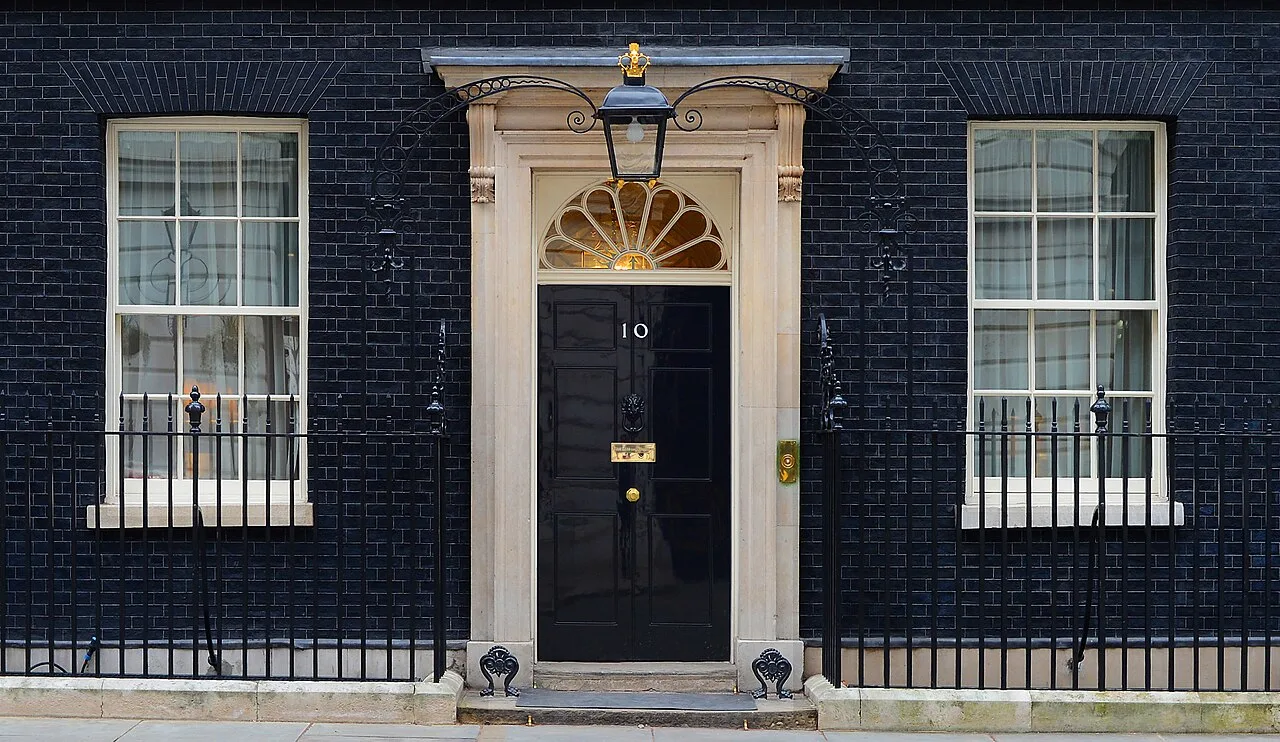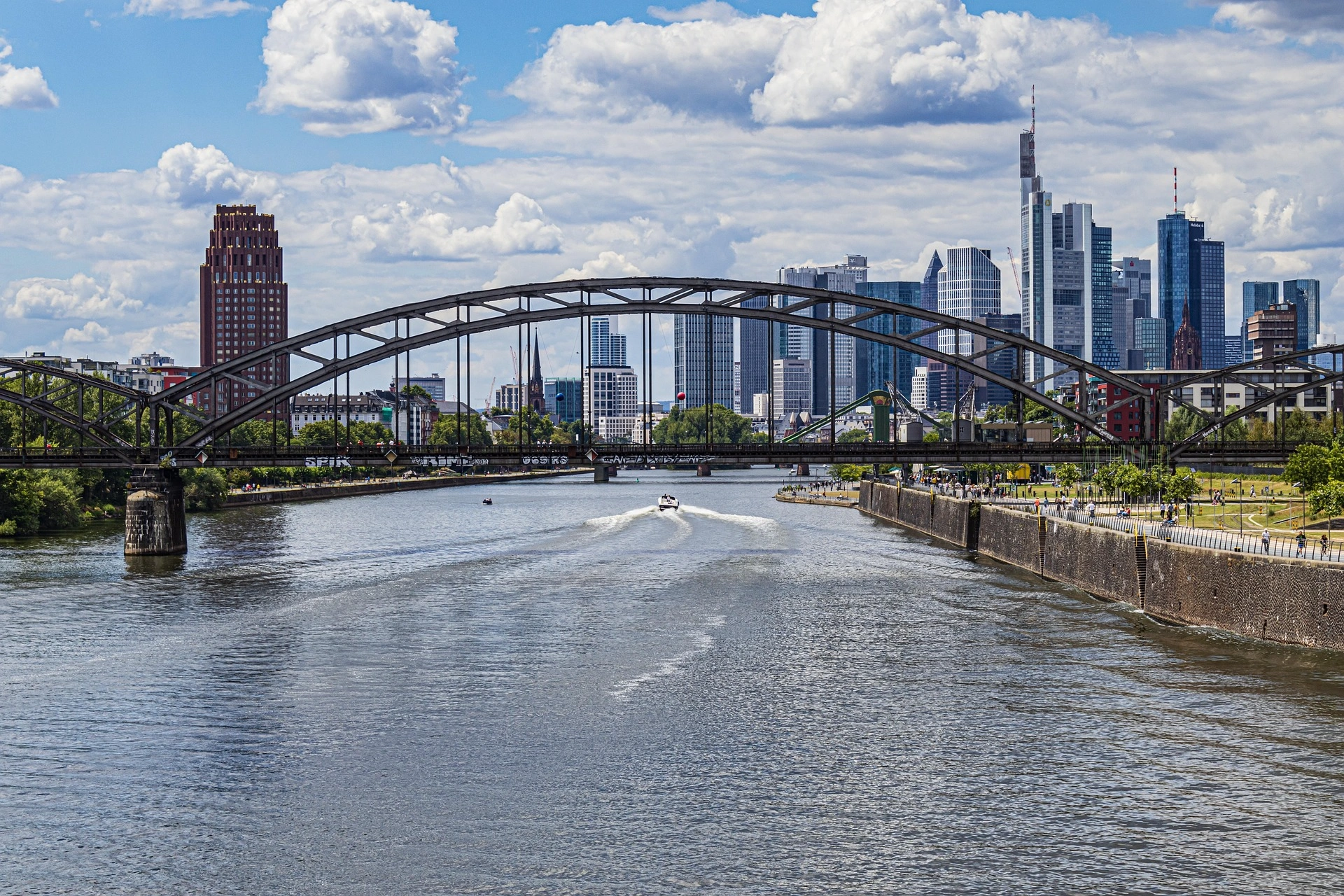UK-EU trade deal: what’s in the Brexit reset agreement?

John E. Kaye
- Published
- News

The UK government today confirmed a new agreement with the European Union “to support British businesses, back British jobs, and put more money in people’s pockets”
The deal, announced by Kier Starmer this morning, is the result of six months of negotiations and follows recent agreements with the United States and India. It was described by the government as the third major international agreement “in as many weeks.”
According to the announcement, the package “will help make food cheaper, slash red tape, open up access to the EU market and add nearly £9 billion to the UK economy by 2040.”
The Prime Minister said: “It’s time to look forward. To move on from the stale old debates and political fights to find common sense, practical solutions which get the best for the British people.
“We’re ready to work with partners if it means we can improve people’s lives here at home.
“So that’s what this deal is all about – facing out into the world once again, in the great tradition of this nation. Building the relationships we choose, with the partners we choose, and closing deals in the national interest. Because that is what independent, sovereign nations do.”
Food and Trade
A new sanitary and phytosanitary (SPS) agreement forms part of the deal. The government says this “will make it easier for food and drink to be imported and exported by reducing the red tape that placed burdens on businesses and led to lengthy lorry queues at the border.”
The SPS agreement will “have no time limit, giving vital certainty to businesses.” Under the new rules, “some routine checks on animal and plant products will be removed completely, allowing goods to flow freely again, including between Great Britain and Northern Ireland.”
According to the government, “this could lower food prices and increase choice on supermarket shelves – meaning more money in people’s pockets.”
It also notes that “after the 21% drop in exports and 7% drop in imports seen since Brexit,” the UK will be able to “sell various products, such as burgers and sausages, back into the EU again.”
Emissions and Energy
The agreement also includes measures for “closer co-operation on emissions through linking our respective Emissions Trading Systems,” which the government says will “improve the UK’s energy security and avoid businesses being hit by the EU’s carbon tax due to come in next year – which would have sent £800 million directly to the EU’s budget.”
It adds: “Combined, the SPS and Emissions Trading Systems linking measures alone are set to add nearly £9 billion to the UK economy by 2040, in a huge boost for growth.”
Industry and Exports
British steel exports are covered by what the government calls “a bespoke arrangement for the UK that will save UK steel £25 million per year.” This is designed to protect the sector from “new EU rules and restrictive tariffs.”
Security and Data Access
The UK will “enter talks about access to EU facial images data for the first time, on top of the existing arrangements for DNA, fingerprint and vehicle registration data.” According to the government, “this will enhance our ability to catch dangerous criminals and ensure they face justice more quickly.”
Travel and Mobility
British travellers will be able to “use more eGates in Europe,” a move the government says will help to end “the dreaded queues at border control.” The agreement also includes the reintroduction of “pet passports” for UK cats and dogs, “eliminating the need for animal health certificates for every trip.”
The UK and EU have “also agreed to co-operate further on a youth experience scheme – which could see young people able to work and travel freely in Europe again.” The scheme “would be capped and time-limited,” and would “mirror existing schemes the UK has with countries such as Australia and New Zealand.”
The government said: “This agreement meets the red lines set out in the government’s manifesto – no return to the single market, no return to the customs union, and no return to freedom of movement.”
Defence and Security
The UK and EU have also agreed a “new Security and Defence Partnership,” which will “pave the way for the UK defence industry to participate in the EU’s proposed new £150 billion Security Action for Europe (SAFE) defence fund – supporting thousands of British jobs and boosting growth.”
The announcement describes the agreement as formalising “UK-EU co-operation on defence to ensure Europe’s safety and security” at “a time of increasing global uncertainty and volatility.”
Migration
The deal also includes measures “on further work on finding solutions to tackle illegal migration – including on returns and a joint commitment to tackle channel crossings.”
The government says the Prime Minister “is clear that bringing down migration remains an absolute priority for him.”
Fishing and Coastal Investment
A new twelve-year agreement “protects Britain’s fishing access, fishing rights and fishing areas with no increase in the amount of fish EU vessels can catch in British waters, providing stability and certainty for the sector.”
In addition, the government has pledged to “invest £360 million into our fishing industry” to support “new technology and equipment to modernise the fleet, training to help upskill the workforce, and funding to help revitalise coastal communities, support tourism and boost seafood exports.”
The fishing sector will also “benefit from the SPS agreement which slashes costs and red tape to help exports.”
Nick Thomas-Symonds, the Minister for European Union Relations and the UK’s lead negotiator, said: “Today is a historic day, marking the opening of a new chapter in our relationship with the EU that delivers for working people across the UK.
“Since the start of these negotiations, we have worked for a deal to make the British people safer, more secure and more prosperous. Our new UK-EU Strategic Partnership achieves all three objectives.
“It delivers on jobs, bills and borders. Today is a day of delivery. Britain is back on the world stage with a Government in the service of working people.”
The government confirmed that “the UK will continue to hold talks with the European Union on the details of each commitment.”
Main photo: UK Government
RECENT ARTICLES
-
 Hornby sells iconic British slot-car brand Scalextric for £20m
Hornby sells iconic British slot-car brand Scalextric for £20m -
 WPSL targets £16m-plus in global sponsorship drive with five-year SGI partnership
WPSL targets £16m-plus in global sponsorship drive with five-year SGI partnership -
 Dubai office values reportedly double to AED 13.1bn amid supply shortfall
Dubai office values reportedly double to AED 13.1bn amid supply shortfall -
 €60m Lisbon golf-resort scheme tests depth of Portugal’s upper-tier housing demand
€60m Lisbon golf-resort scheme tests depth of Portugal’s upper-tier housing demand -
 2026 Winter Olympics close in Verona as Norway dominates medal table
2026 Winter Olympics close in Verona as Norway dominates medal table -
 Europe’s leading defence powers launch joint drone and autonomous systems programme
Europe’s leading defence powers launch joint drone and autonomous systems programme -
 Euro-zone business activity accelerates as manufacturing returns to expansion
Euro-zone business activity accelerates as manufacturing returns to expansion -
 Deepfake celebrity ads drive new wave of investment scams
Deepfake celebrity ads drive new wave of investment scams -
 WATCH: Red Bull pilot lands plane on moving freight train in aviation first
WATCH: Red Bull pilot lands plane on moving freight train in aviation first -
 Europe eyes Australia-style social media crackdown for children
Europe eyes Australia-style social media crackdown for children -
 These European hotels have just been named Five-Star in Forbes Travel Guide’s 2026 awards
These European hotels have just been named Five-Star in Forbes Travel Guide’s 2026 awards -
 McDonald’s Valentine’s ‘McNugget Caviar’ giveaway sells out within minutes
McDonald’s Valentine’s ‘McNugget Caviar’ giveaway sells out within minutes -
 Europe opens NanoIC pilot line to design the computer chips of the 2030s
Europe opens NanoIC pilot line to design the computer chips of the 2030s -
 Zanzibar’s tourism boom ‘exposes new investment opportunities beyond hotels’
Zanzibar’s tourism boom ‘exposes new investment opportunities beyond hotels’ -
 Gen Z set to make up 34% of global workforce by 2034, new report says
Gen Z set to make up 34% of global workforce by 2034, new report says -
 The ideas and discoveries reshaping our future: Science Matters Volume 3, out now
The ideas and discoveries reshaping our future: Science Matters Volume 3, out now -
 Lasers finally unlock mystery of Charles Darwin’s specimen jars
Lasers finally unlock mystery of Charles Darwin’s specimen jars -
 Strong ESG records help firms take R&D global, study finds
Strong ESG records help firms take R&D global, study finds -
 European Commission issues new cancer prevention guidance as EU records 2.7m cases in a year
European Commission issues new cancer prevention guidance as EU records 2.7m cases in a year -
 Artemis II set to carry astronauts around the Moon for first time in 50 years
Artemis II set to carry astronauts around the Moon for first time in 50 years -
 Meet the AI-powered robot that can sort, load and run your laundry on its own
Meet the AI-powered robot that can sort, load and run your laundry on its own -
 Wingsuit skydivers blast through world’s tallest hotel at 124mph in Dubai stunt
Wingsuit skydivers blast through world’s tallest hotel at 124mph in Dubai stunt -
 Centrum Air to launch first European route with Tashkent–Frankfurt flights
Centrum Air to launch first European route with Tashkent–Frankfurt flights -
 UK organisations still falling short on GDPR compliance, benchmark report finds
UK organisations still falling short on GDPR compliance, benchmark report finds -
 Stanley Johnson appears on Ugandan national television during visit highlighting wildlife and conservation ties
Stanley Johnson appears on Ugandan national television during visit highlighting wildlife and conservation ties



























